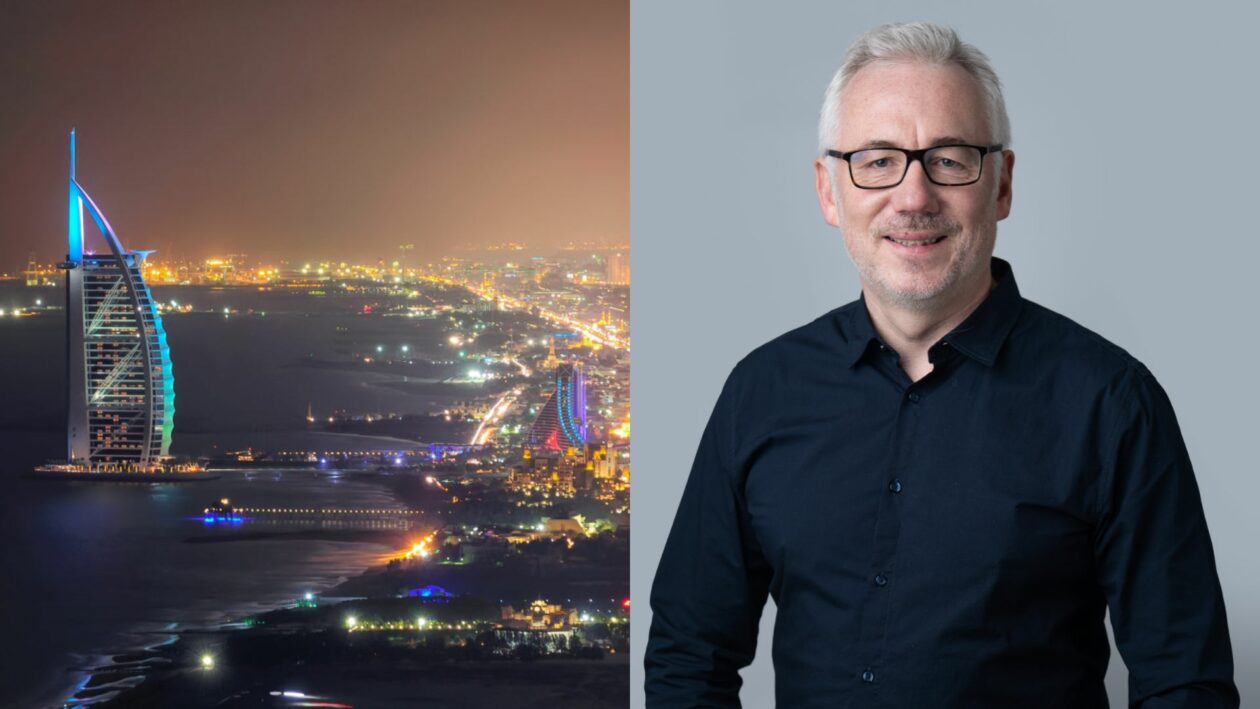Dominic Longman, the senior executive officer of Binance Abu Dhabi, discusses the growing digital asset industry in the United Arab Emirates in an interview with Forkast’s Maha Shah.
He comments on the distinctions between Binance entities after the U.S. securities regulator filed a lawsuit against Binance.US., and the regulatory approach in the UAE.
This Q&A has been edited for clarity and length.
Maha Shah: Can you share insights into the UAE’s digital assets and crypto scene?
Dominic Longman: From a regulatory standpoint, you’ve got a huge amount of activity over the past number of years. There has always been a really strong focus on the crypto community way back from 2016 onwards, and it’s accelerating because you’ve got government support, and a huge amount of focus on this space just because it’s a growth area.
You’ve also got talent coming through and landing and staying here. It really is an ecosystem supporting itself. We have major players like Komainu, Zodia, Coinbase and R3. It’s hugely exciting to be here right now.
Shah: Can you shed light on the SEC’s recent enforcement actions against Binance and Coinbase and their impact on the industry?
Longman: It’s important to clarify that Binance.US is a separate business. Binance Abu Dhabi is a separate entity focused on providing custody services to institutional clients. We have always been committed to meeting regulatory requirements. We got the license back in November, and we’re now working with the regulator to get it live. Obtaining the license and working closely with regulators brings confidence to the market, attracting institutional players who prefer to work with regulated entities. The regulation also benefits retail clients, ensuring the protection of their assets.
Shah: Do the recent wave of lawsuits in the U.S. affect your operations here and lead to increased scrutiny by local regulators?
Longman: No, it’s just standard information they ask of businesses being licensed here. Our regulator is constantly looking for information, changing governance structures, financials, new staff and new regulated individuals. I’m not seeing anything different because of what’s happening in the U.S. at this point.
Shah: Some cryptocurrency tokens were listed as unregistered securities in the U.S., including Cardano, Polygon and Solana. Will it have a spillover effect on other jurisdictions?
Longman: The SEC is going through that process right now and the industry as a whole is trying to understand how they’ve come to those decisions for those virtual assets. If I look at Financial Services Regulatory Authority (FSRA), they have their own protocol and definitions for getting any virtual asset listed. We keep looking to the U.S. as the one setting standards, but these different regulators have had their own proposition for a number of years now.
I know the regulators always are looking across the world, but they’ve got quite a strong proposition here.
Shah: Is innovation moving away from the U.S. to jurisdictions like Abu Dhabi, Dubai, and Hong Kong?
Longman: I can’t comment on the U.S., but I’ve seen brilliant, innovative companies already present in the UAE. There’s government support within the region, such as the Abu Dhabi Investment Office, who will look to assist companies and help them with costs, help them with rent and not necessarily take equity. As a founder, you may not even have to dilute yourself yet. Even Ras Al Khaimah has just come out with its new RAK DAO which is looking to support innovation.





